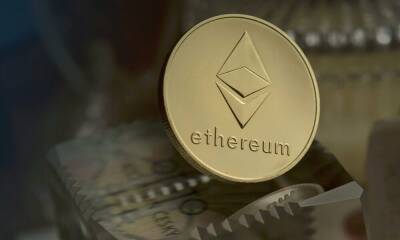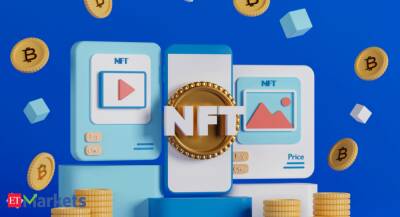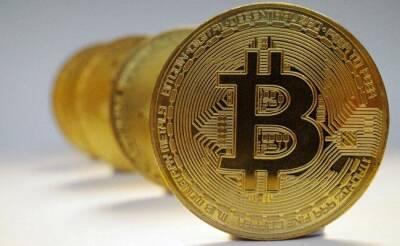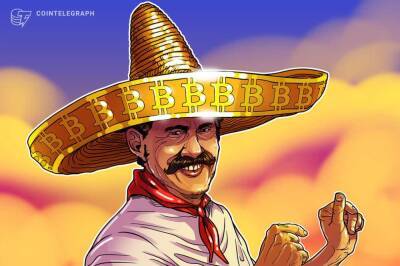NFTs, payments and conferences: Crypto in Latin America in 2021
In 2021, Latin America saw a soaring rise in crypto adoption among the 20 countries and 14 dependencies that make up the region.
A slew of conferences, associations, new regulations and nonfungible token (NFT) projects as well as the global bull market made last year an intriguing one for the region.
Let’s take a look at some of the most interesting developments in the blockchain and cryptocurrency ecosystem in Latin America in 2021.
Early in 2021, the Financial Superintendence of Colombia authorized several partnerships between banking institutions licensed in the nation’s financial system and cryptocurrency exchanges.
The nine partnerships included major names from the cryptocurrency industry such as Binance and Tyler and Cameron Winklevoss’ Gemini.
The regulator said that these approvals were made within a regulatory sandbox for testing technological solutions in the world financial market and will have a trial period of up to one year.
In 2021, the rapid growth of digital currencies led some Latin American countries to officially recognize their use as a payment instrument, despite their reputation for volatility. El Salvador’s official recognition of Bitcoin (BTC) as legal tender — a world-first — made waves not only in Latin America but across the world.
Salvadoran President Nayib Bukele’s Bitcoin Law was approved by a majority vote in the country’s representative body, the Legislative Assembly, and came into effect in September.
In August 2021, Cointelegraph reported that the Central Bank of Cuba was expected to recognize cryptocurrencies such as Bitcoin (BTC), Ether (ETH), Litecoin (LTC) and Tether (USDT) for commercial transactions and investments.
The president of the Central Reserve Bank of Peru, Julio Velarde,
Read more on cointelegraph.com






















